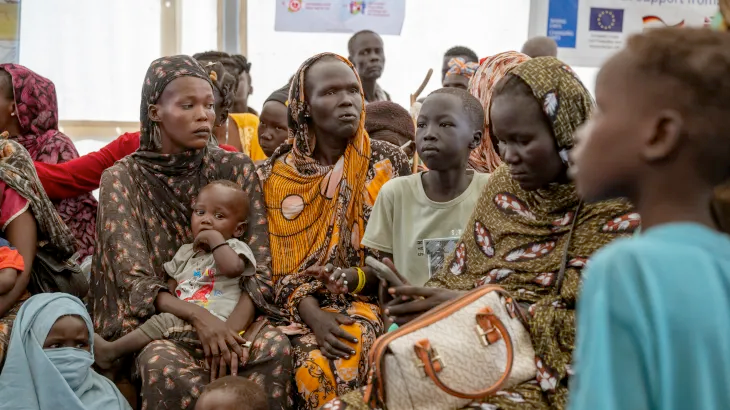Libya Country Report, 2024
- bquallen
- Mar 26, 2024
- 3 min read
Libya Country Report
March 2024
By Brooklyn Quallen, Genocide Watch
Credit: U.S. Naval Intelligence
From 1969 to 2011, Libya was ruled by the dictator Muammar Gaddafi. Gaddafi pursued genocidal Arabization policies, persecuting ethnic and religious minorities to create a homogeneous Arab nation. Anti-Gaddafi protestors were detained, tortured, and executed. Gaddafi supported terrorists worldwide.
2011 saw the Arab Spring sweep through Libya. A civil war between Gaddafi’s forces and rebels ensued. A UN Resolution froze Gaddafi’s assets. Gaddafi threatened a genocidal massacre in Benghazi. A second UN resolution imposed a no-fly zone over Libya and authorized member states to use "all necessary measures" to prevent attacks on civilians. NATO defended intervention as “the responsibility to protect.” NATO bombed Libyan military installations. In October 2011, Gaddafi was captured and killed.
Libya has never recovered from the 2011 First Civil War and remains politically unstable. NATO failed to complete its “humanitarian intervention” by providing security and resources to rebuild Libya.
In the aftermath of the First Civil War, two governments emerged. The Government of National Unity (GNU) is the UN-recognized entity based in Tripoli that controls the northwest. The Libyan National Army (LNA), led by former Gaddafi general Khalifa Haftar, started a Second Civil War in 2014 by attacking the GNU in Tripoli. Qatar and Turkey backed the GNU. Egypt and the UAE conducted airstrikes in support of Haftar’s LNA. Israel sold the LNA weapons and provided it with training. Russia’s Wagner mercenaries fought with the LNA.
Since a 2020 ceasefire agreement, the Government of National Stability (GNS) backed by Haftar’s LNA has taken control of eastern Libya. In the south, tribal groups and militias act with impunity. Both Libyan governments and militias have committed war crimes and crimes against humanity.
Despite a UN roadmap for GNU elections in 2021, due to rivalries within the GNU on how the vote would take place and who would be eligible to run, the GNU disbanded its electoral commission. In February 2023, the legislative bodies of the GNU and GNS created a joint committee that came to a tentative agreement on draft laws for elections. But no elections have been held. Even if elections were held, they would not currently be free or fair. Haftar’s LNA has already shown it will intimidate voters.
A 2020 ceasefire between the GNU and GNS has prevented a resurgence of full civil war. But in 2022, armed clashes in the capital killed at least 36 people. On Aug. 14-15, 2023, at least 55 people were killed in Tripoli in a battle between rival military factions.
Religious minority groups in Libya are at risk of arrest, imprisonment, and torture. In GNU-controlled areas, religious minorities face execution under Article 291 of the Penal Code, which makes renouncing Islam in word or deed punishable by death. A Christian convert was arrested and sentenced to death in 2022. Six more were arrested in April 2023 and face the death penalty if convicted. Article 207 prescribes the death penalty for those convicted of promoting theories aimed at changing the fundamental principles of the constitution or social structure. This law can be used to prosecute political opposition leaders.
Due to the insecurity that civilians face in the continuing civil conflict, as well as discriminatory policies enforced by the two Libyan governments aimed at religious and other minorities, Genocide Watch recognizes Libya as being at Stage 3: Discrimination, Stage 5: Organization, Stage 6: Polarization, and Stage 8: Persecution.
Genocide Watch recommends:
The GNU and LNA should reaffirm their 2020 ceasefire and form one functioning government.
Militias should be disarmed and demobilized. A trained police force should be created.
With UN mediation, the rival governments should agree and hold free and fair elections.
Libya must repeal Penal Code articles 291 and 207 that target minorities and opposition leaders.
Libya must abolish the death penalty and commute all death sentences.




